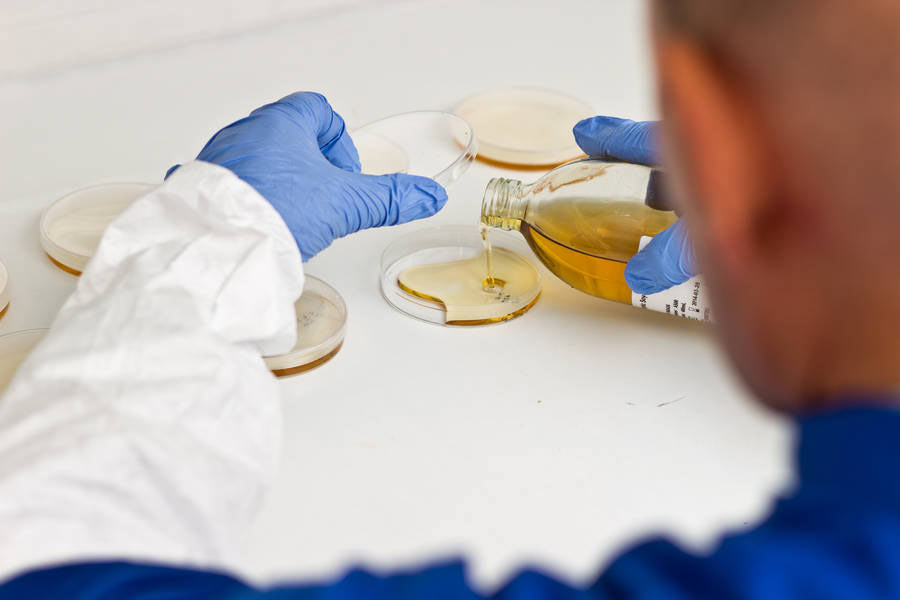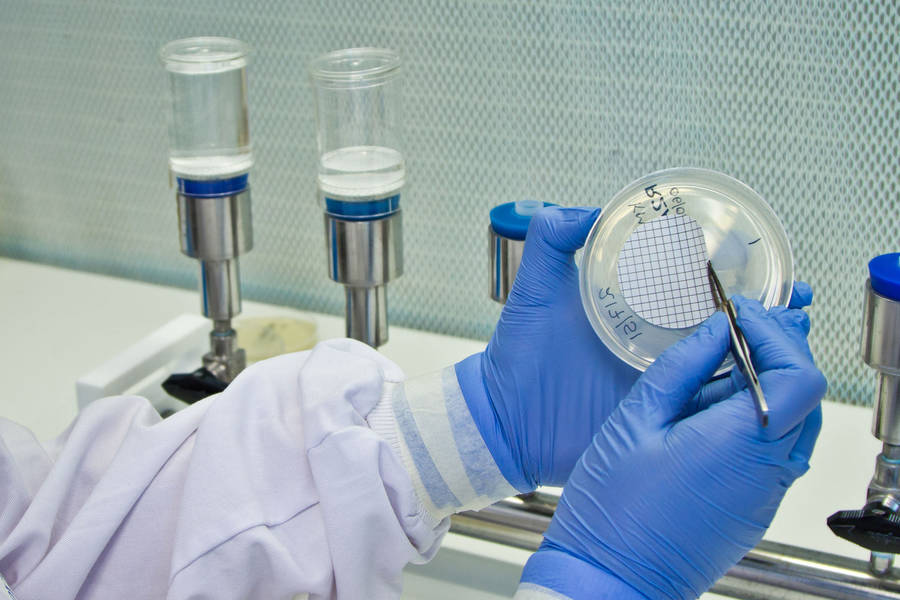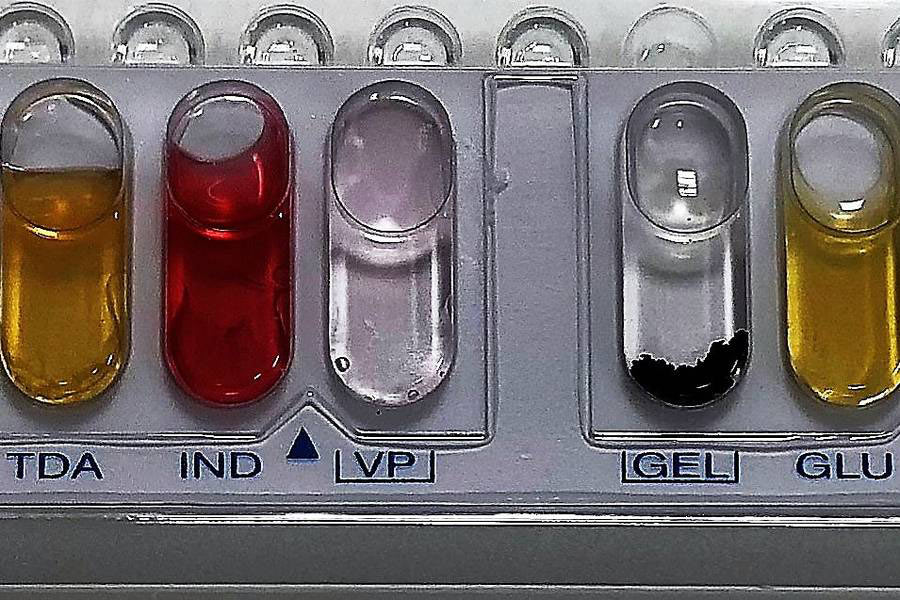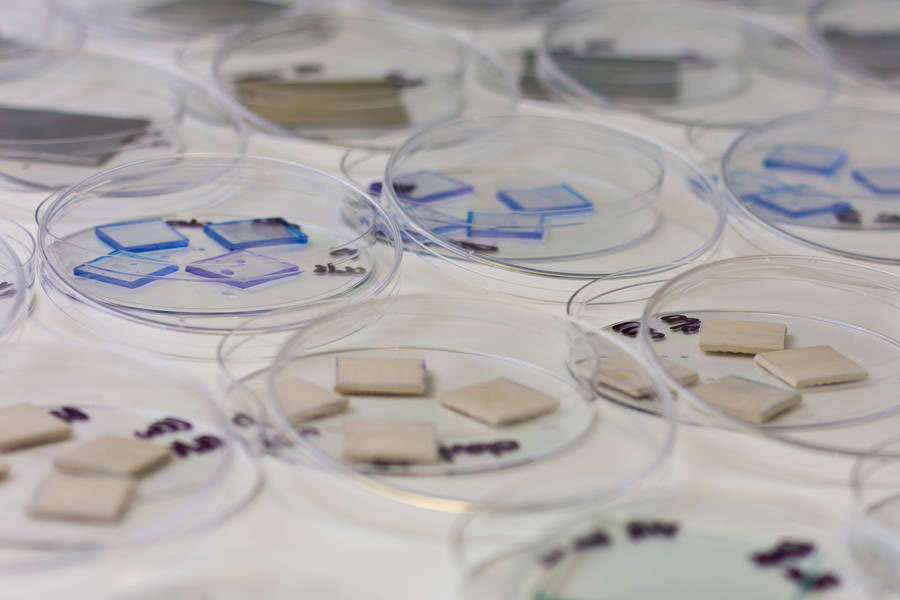TOC Analysis
Measuring organic carbon found in a sample
What is it?
Total Organic Carbon (TOC) is a measure of organic carbon found in a sample. In the pharmaceutical industry it is used as a non-specific indicator of water quality. TOC analysis typically measures the total carbon present followed by the inorganic carbon and calculates the TOC as the difference of these two values. TOC can also be used in cleaning validation to non-specifically detect any residues from products and cleaning agents in rinse or swab samples.
Why do we do it?
The legal requirement to comply with pharmaceutical water specifications is defined in the pharmacopoeial monographs. As mentioned previously, TOC is an excellent non-specific indicator of water quality, as such the TOC specification in the EP/USP for PW and WFI details a limit of <500ppb TOC.
In addition, TOC analysis can be used to detect residual detergent or product in rinse/swab samples post clean. This is an essential step in cleaning validation to ensure there is no cross-contamination from the previous product run or clean in place regime. It is the responsibility of every manufacturer to ensure the safety of a finished product by demonstrating and validation rigorous cleaning regimes.
How do we help assure compliance?
At Honeyman we have the capacity to perform the following:
- TOC analysis of Purified water and WFI to EP/USP Specification
- TOC analysis of Water to client specification
- TOC analysis of cleaning validation samples, typically swabs and rinse samples
The cGMP analysis of purified water is performed on our Sievers TOC analyser which use conductivity to determine TOC levels. Cleaning validation samples are analysed on our Shimadzu TOC analysers which use high temperature combustion to determine TOC levels, we can also perform full method validation for each client project.
Our Customers:
























